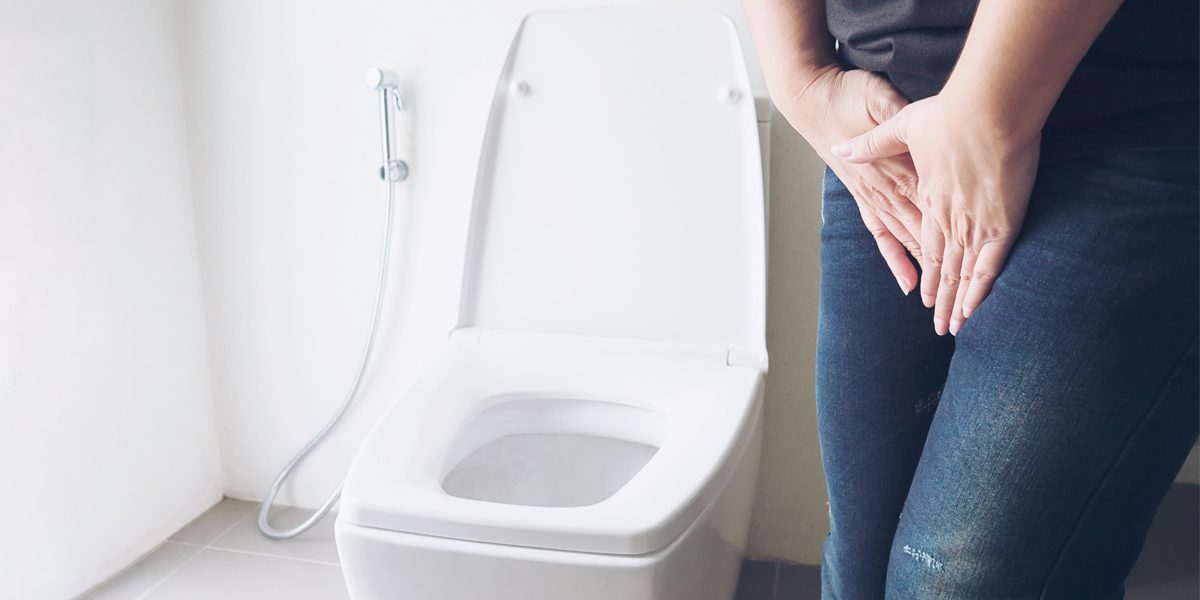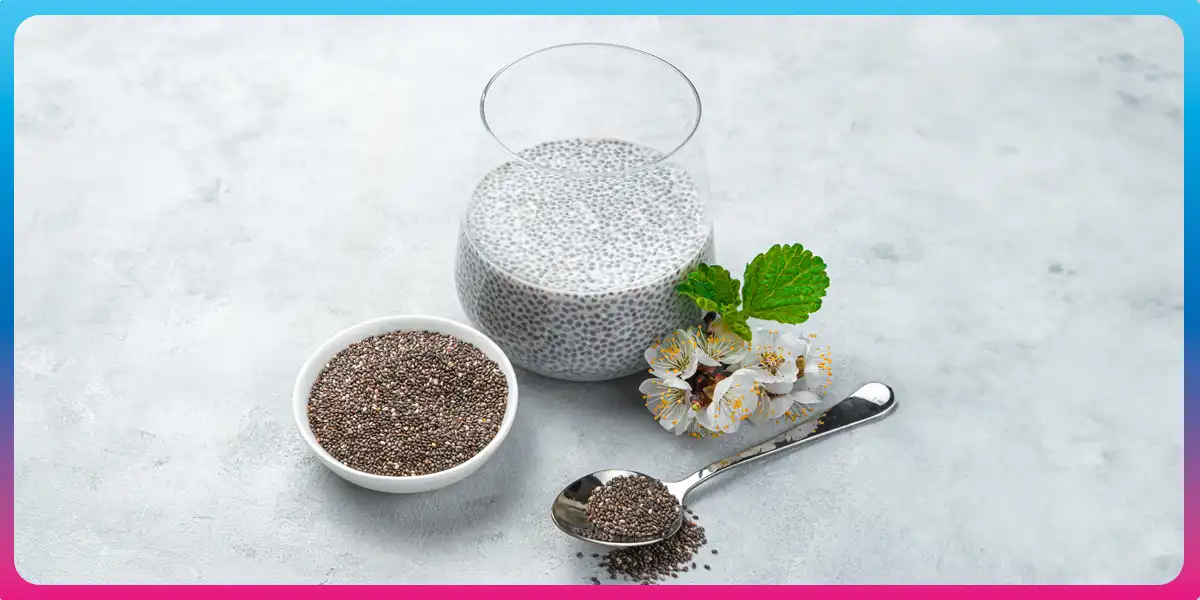Is Frequent Urination a Sign of Diabetes? Explore Symptoms and Causes

Do you feel the urge to go to the bathroom more often? The sensation is uncomfortable and uncontrollable! It’s time you get to the root cause behind the issue. Diabetes is one of the most common causes of frequent urination.
This article will answer the most commonly asked questions about why there is frequent urination in diabetes and what you should do when faced with this symptom.
Let’s start with the basics.
What causes frequent urination in diabetes?
Also called polyuria, frequent urination is one of the first and most common symptoms of diabetes. This means that your blood sugar could be too high. Usually, the kidneys can filter the blood and effectively reabsorb the nutrients you need.
However, when excess glucose builds up in the blood, the kidneys are forced to push out the extra sugar through the urine. As the sugar is released into the urine, it also pulls the water from your tissues into the urine.
This causes a drop in your water levels, and you may feel dehydrated with a dry mouth, prompting you to drink even more water. Both these mechanisms maintain the vicious cycle of frequent urination in diabetes.
How many times does a person with diabetes urinate?
If you find yourself going to the bathroom several times a day, it’s natural to ask- how much is too much?
A healthy person usually goes to the toilet to pass urine about 6-8 times within 24 hours, although many go 4-10 times a day, which can be expected if it doesn’t interfere with their routine activities.
In severe cases of diabetes, people often release 3 to 20 liters of urine daily.
Why should I worry about frequent urination?
Countless trips to the bathroom may be annoying, but they are also red flags that indicate a more severe problem. Frequent urination may be an early symptom of diabetes, but it does mean that your kidney functions are affected by high glucose levels, which could lead to complications. These include:
1) Urinary tract infections (UTIs)
A burning sensation accompanying the urge to go to the bathroom could signify a UTI. Women usually experience UTIs more often than men. High glucose levels make it more difficult to fight off the infection.
2) Chronic kidney disease
Over time, consistently high glucose levels stress the kidneys, affecting their normal functions and leading to chronic kidney disease. Data shows that 30%of people with type 1 diabetes, and 10- 40% of people with type 2 diabetes, will eventually experience kidney failure.
3) Urinary retention
In severe cases, diabetes can also affect your nerves. This damage may cause your bladder to have difficulty passing urine completely.
What are the other causes of frequent urination?
Several other factors may cause you to go to the bathroom more often. For example, the amount of water you consume, the type of beverages you drink, like an alcoholic or caffeinated fluids, and your age also affect the frequency.
Certain medical conditions also play a role:
- You may be on medications that help rid the body of fluids, called diuretics.
- Diabetes insipidus causes excessive urine production and affects how your kidneys maintain a healthy fluid and electrolyte balance.
- Overactive bladders cause you to lose control of your bladder, and you may feel the urge to pass urine more frequently.
- Prostate enlargement in men can exert pressure on the bladder and urethra
- Pregnancy causes the uterus to push against the bladder, stimulating the urge to pass urine more often.
What type of diabetes causes frequent urination?
Frequent urination is one of the earliest physical symptoms of high blood sugar experienced by patients with type 1 and 2 diabetes.
What other symptoms might I feel indicate that I may have diabetes?
Frequent urination (polyuria) is accompanied by many other symptoms that point toward high blood sugar. These include:
- Excessive thirst (polydipsia)
- Lethargy and Fatigue
- Hunger pangs (polyphagia)
- Weight loss without any intention to lose weight
- Difficulty sleeping
- Tingling numbness in the hands and feet
- Cold sweats
- Blurred vision
- Delayed wound healing
- Dizziness and headaches
If you notice these symptoms, you may have pre-diabetes, which could lead to diabetes. A visit to your doctor or an endocrinologist specialized in diabetes management would help you maintain control over your blood sugar levels.
What does your urine look like if you have diabetes?
- Cloudy or foamy urine indicates that your kidneys may not be able to filter blood properly, releasing both sugar and proteins into your urine.
- Sweet or fruity-smelling urine indicates that there may be extra sugar in your urine.
What tests can be done to determine if I have diabetes?
Several blood tests can determine if your blood sugar levels are higher than usual. These include:
- HbA1C test
- Fasting and post-meal blood sugar test
- Glucose tolerance test
- Random blood sugar test
Can a test check for sugar in my urine?
Usually, urine contains no glucose. A urine glucose test (also called a urine glucose dipstick test) is a routine investigation done in medical labs.
Use the sterile container provided by the lab to collect your urine sample. It should preferably be a sample from your first visit to the bathroom in the morning, as the readings could change based on what you eat or drink during the day.
Once you submit your sample at the lab, they will insert a paper strip into your urine. The paper strip or dipstick has chemicals on its surface that react with the glucose in the urine and change the strip’s color, indicating the presence of sugar in your urine.
The darker the color change, the higher the glucose concentration in the sample. The usual range of urine glucose is between 0 and 0.8 mmol/ L. Persistently higher levels that give repeatedly positive urine glucose tests indicate an underlying problem.
How can you stop frequent urination?
If you are wondering how to control frequent urination in diabetes, you will be relieved to know that there are several lifestyle factors, medications, and home remedies for frequent urination in diabetes.
- Avoid caffeine or alcohol, which are diuretics that encourage water loss through urine.
- Do not have fluids 2-4 hours before bedtime so that you are not awakened during the night with the urge to go to the bathroom.
- Diabetes-friendly diet, low in sugar and carbohydrates but rich in fiber, can help lower blood sugar.
- Regular exercise helps lower glucose levels and prevent heart-related complications of diabetes.
Fittereake
Living with the symptoms of high blood sugar and diabetes can be exhausting! However, the most effective way to keep these symptoms under control is to stick to your treatment regimes accompanied by consistent lifestyle modifications.
Here is where Fitterfly comes in! Our diabetes management program help you make behavioral changes that last a lifetime to break free from the chains of metabolic disorders like diabetes.
This blog provides general information for educational and informational purposes only and shouldn't be seen as professional advice.
Don’t struggle alone & get the expert care you deserve






















